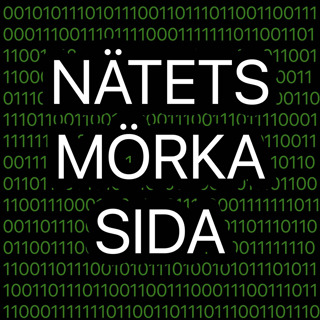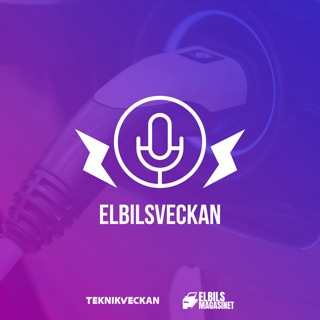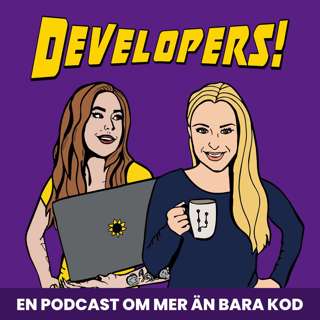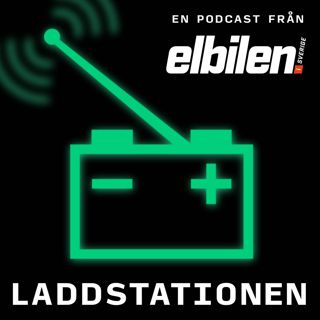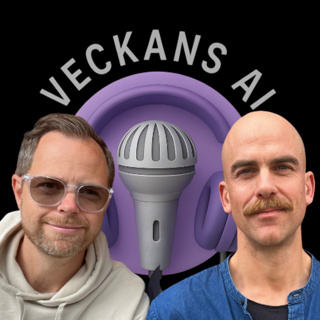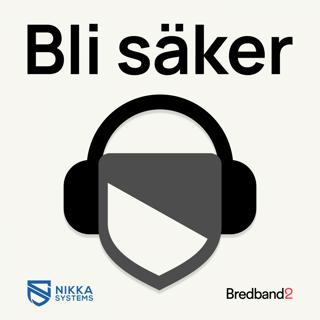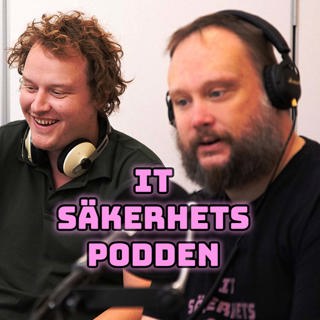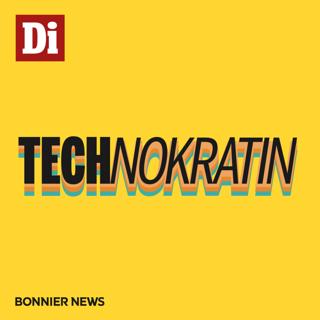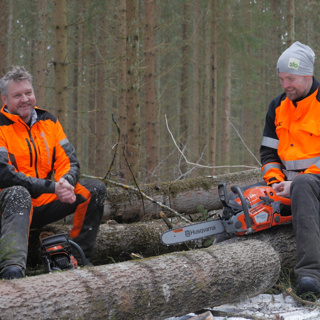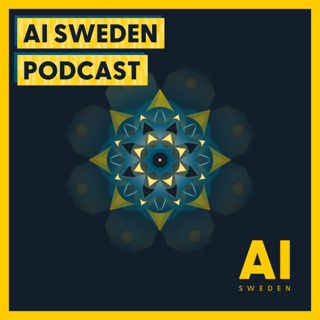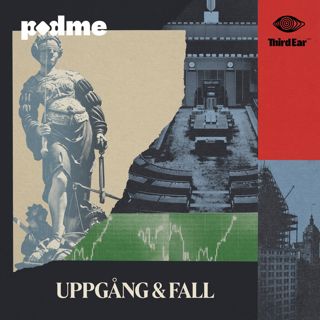![#402: Polars: A Lightning-fast DataFrame for Python [updated audio]](https://cdn.podme.com/podcast-images/03CE2DCE320886B78FFCBA49DDA2347C_small.jpg)
#402: Polars: A Lightning-fast DataFrame for Python [updated audio]
When you think about processing tabular data in Python, what library comes to mind? Pandas, I'd guess. But there are other libraries out there and Polars is one of the more exciting new ones. It's built in Rust, embraces parallelism, and can be 10-20x faster than Pandas out of the box. We have Polars' creator, Ritchie Vink here to give us a look at this exciting new data frame library.
8 Feb 202358min
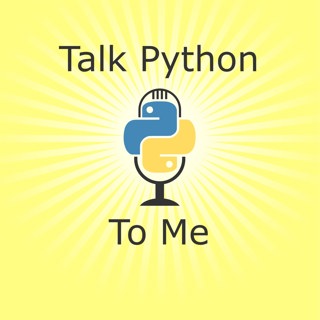
#401: Migrating 3.8 Million Lines of Python
At some point, you've probably migrated an app from one framework or major runtime version to another. For example, Django to Flask, Python 2 to Python 3, or even Angular to Vue.js. This can be a big challenge. If you had 100s of active devs and millions of lines of code, it's a huge challenge. We have Ben Bariteau from Yelp here to recount their story moving 3.8M lines of code from Python 2 to Python 3. But this is not just a 2-to-3 story. It has many lessons on how to migrate code in many situations. There are plenty of gems to take from his experience.
2 Feb 20231h

#400: Ruff - The Fast, Rust-based Python Linter
Our code quality tools (linters, test frameworks, and others) play an important role in keeping our code error free and conforming to the rules our teams have chosen. But when these tools become sluggish and slow down development, we often avoid running them or even turn them off. On this episode, we have Charlie Marsh here to introduce Ruff, a fast Python linter, written in Rust. To give you a sense of what he means with fast, common Python linters can take 30-60 seconds to lint the CPython codebase. Ruff takes 300 milliseconds. I ran it on the 20,000 lines of Python code for our courses web app at Talk Python Training, and it was instantaneous. It's the kind of tool that can change how you work. I hope you're excited to learn more about it.
25 Jan 20231h 3min

#399: Monorepos in Python
Monorepos are contrary to how many of us have been taught to use source control. To start a project or app, the first thing we do is create a git repo for it. This leads to many focused and small repositories. A quick check of my GitHub account shows there are 179 non-fork repositories. That's a lot but I think many of us work that way. But it's not like this with monorepos. There you create one (or a couple) repositories for your entire company. This might have 100s or 1,000s of employees working on multiple projects within the single repo. Famously, Google, Meta, Microsoft, and Airbnb all employ very large monorepos with varying strategies of coordination.
18 Jan 20231h 10min

#398: Imaging Black Holes with Python
The iconic and first ever image of a black hole was recently released. It took over a decade of work and is a major achievement for astronomy and broadens our understanding of the universe for all of us. Would it surprise you to know that Python played a major part in this discovery? Of course it did, and Dr. Sara Issaoun is here to give us the full story.
14 Jan 202358min

#397: Evaluating New Open Source Tech Panel
The beauty of open source software and libraries is that you're not stuck with a single option some vendor is offering. This is especially true when that support is poor and antiquated. Almost any capability you think of has multiple options even for a single language such as Python. Just think about how many web frameworks you can pick today.
5 Jan 20231h 3min

#396: AI Goes on Trial For Writing Code (crossover)
For links and very detailed show notes, please view [the original episode page](https://pythonbytes.fm/episodes/show/312/ai-goes-on-trial-for-writing- code) over on Python Bytes. Thanks for listening!
30 Dec 202237min

#395: Tools for README.md Creation and Maintenance
If you maintain projects on places like GitHub, you know that having a classy readme is important and that maintaining a change log can be helpful for you and consumers of the project. It can also be a pain. That's why I'm excited to welcome back Ned Batchelder to the show. He has a lot of tools to help here as well as some opinions we're looking forward to hearing. We cover his tools and a bunch of others he and I found along the way.
22 Dec 20221h 13min


